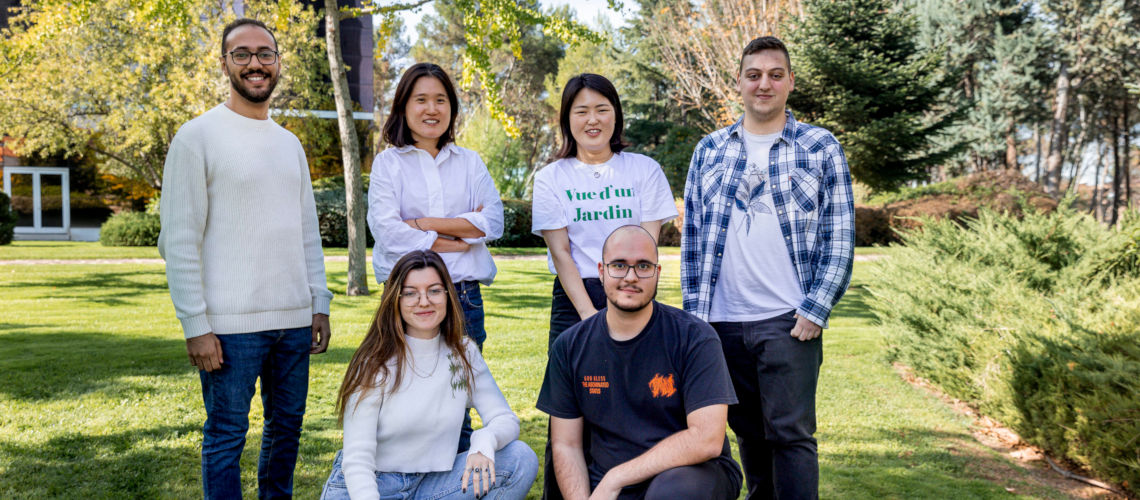Cancer is a complex disease whereby cells grow and reproduce uncontrollably. One important feature necessary to understand cancer is its heterogeneity, which indicates that the effect of alterations could be different depending on the cellular context. In the Computational Cancer Genomics (CCG) Lab, we aim to understand the context-dependent cancer fitness landscape both by applying a computational approach and by setting up experimental collaborations. For example, we are specifically interested in changing the cancer fitness landscape depending on time, by analysing the associations between germline variants and somatic alterations, or by comparing the differences between the primary tumour and metastasis. In addition, we aim to further pursue how protein-protein interaction networks of cancer driver genes can be perturbed by their somatic or germline variants. We expect that our context-dependent cancer fitness landscape will provide a crucial direction for personalised medicine, since we are aiming to address the heterogeneity across patients, conditions, and cellular contexts.

Post-Doctoral Fellows
- Seokjin Ham
Graduate Students
- Jaejun Lee
- Manuel Moradiellos
- Alejandro Palacios
Technicians
- Adrián Maqueda
Publications
- (2023). Systematic analysis of disease-linked rare germline variants reveals new classes of cancer predisposing genes.. Genome Med 15, 107. CNIO Publication.
- (2023). Genetic assessment of pathogenic germline alterations in lysosomal genes among Asian patients with pancreatic ductal adenocarcinoma. J Transl Med 21, 730. CNIO Publication.
- (2021). Lipid-Oriented Live-Cell Distinction of B and T Lymphocytes. J Am Chem Soc 143, 5836-5844. CNIO Publication.
- (2021). Lipid-Oriented Live-Cell Distinction of B and T Lymphocytes. J Am Chem Soc 143, 5836-5844. CNIO Publication.
- (2021). Higher order genetic interactions switch cancer genes from two-hit to one-hit drivers.. Nat Commun 12, 7051. CNIO Publication.
 Open Access
Open Access - (2021). A comprehensive analysis of prefoldins and their implication in cancer.. iScience 24, 103273. CNIO Publication.
 Open Access
Open Access - (2019). Integrated Analysis of Germline and Tumor DNA Identifies New Candidate Genes Involved in Familial Colorectal Cancer.. Cancers 11, E362. Publication in other institutions.

